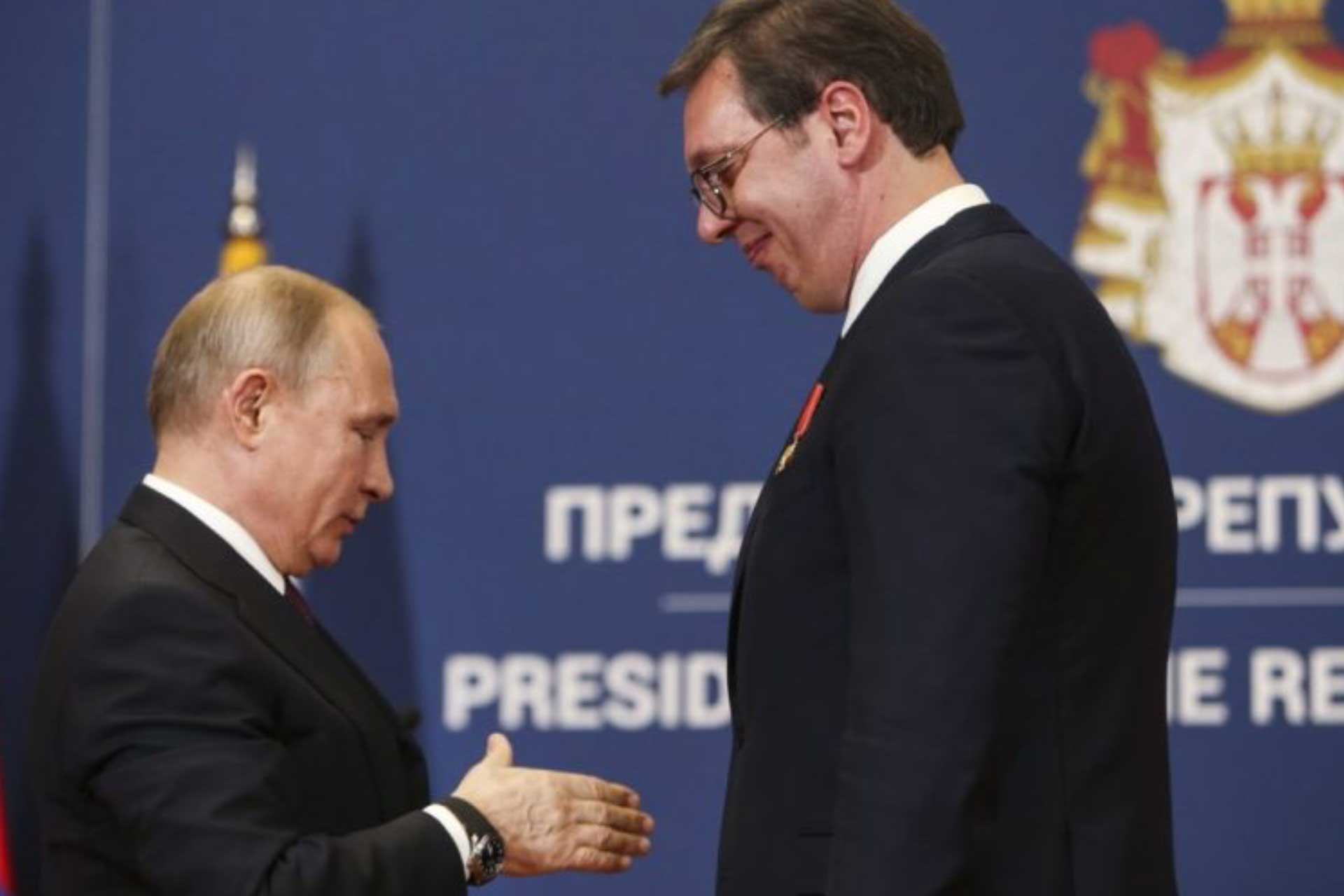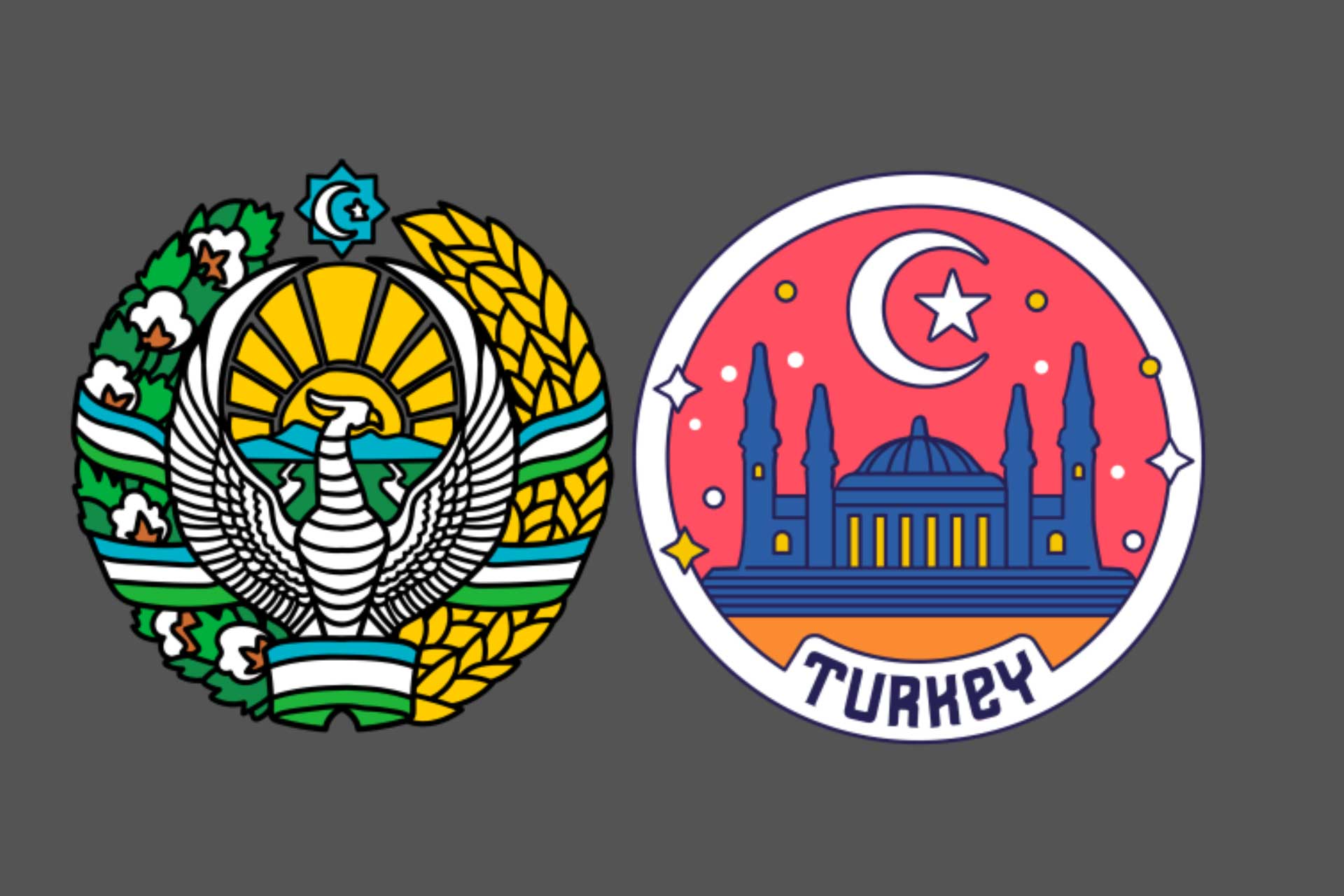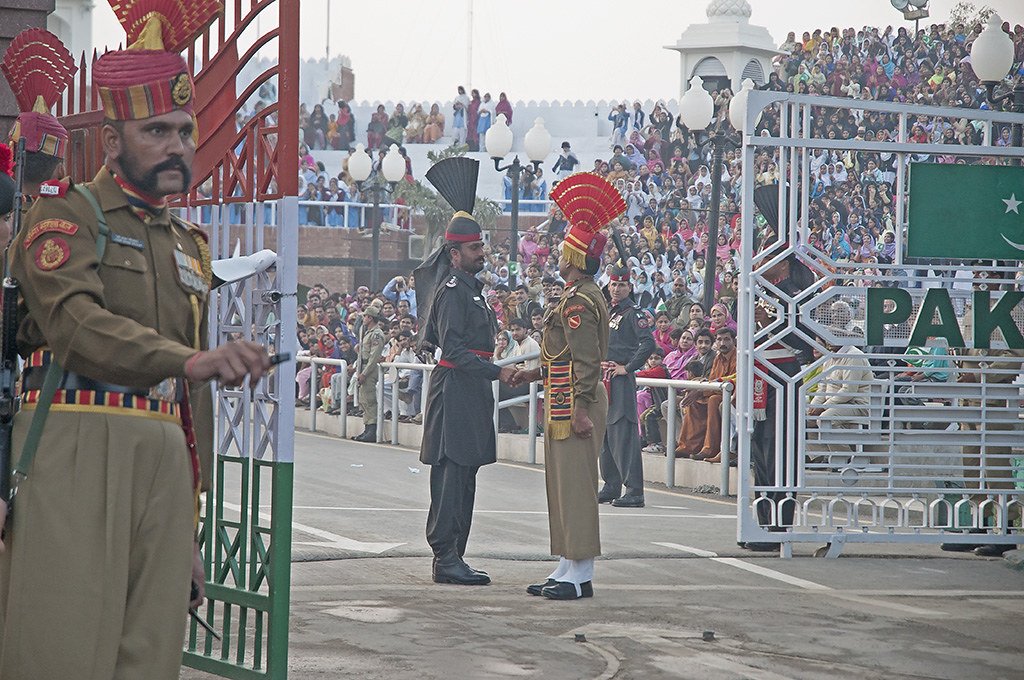How Will Russia’s Recognition of Kosovo Affect Serbian Democracy?
In international relations, especially according to the realist doctrine, states always seek to increase their power. Raison d’etat, i.e. acting according to what national interests dictate, is inherent to every country. However, while pursuing their interests in the international arena, they can, perhaps unwittingly, influence domestic politics in countries that are not even their neighbors. One of the best recent examples of this is Putin putting Russian recognition of Kosovo on the negotiating table in order to get the UN to recognize the separatists in Donbas.
In 2022, when the Russian invasion of Ukraine began, Serbia was one of the destinations for Ukrainian refugees. Most Serbian people, however, remember the massive NATO bombing of Yugoslav territory in 1999, following then Serbian President Milosevic’s decision to invade Kosovo. Following this operation, Kosovo was recognized as an independent state by 97 UN member states, but Serbia was also in deep political and economic trouble at the time. It is against this historical background that the current President Vucic does not support NATO sanctions against Russia (Brkic, 2022).
Vucic, Serbia’s right-wing populist leader with close ties to the Kremlin, has ruled the country since 2014. During this period, democracy has been undermined, the rule of law has been ignored and all state institutions have been filled with nepotism and people from Vucic’s SNS party. In the elections held in April 2022, the SNS became the largest party again and Vucic consolidated his power by being re-elected President (Bechev, 2022).
This could change in the next elections, however, with voters on the far right and center-right refusing to vote for Vucic. The fact that the Russian occupation is progressing far from Putin’s expectations is pushing him towards diplomacy for some gains. In this context, Putin’s expectation that the UN will recognize Donbas in return for recognizing Kosovo is a remarkable development, as it could cost Vucic a significant number of votes in the next election. Vucic’s constituency also includes ultra-nationalists who are opposed to Kosovo. While it seems unlikely that the UN will accept this deal, the damage to Vucic is obvious. These developments could also lead to democratic developments in Serbia (Vladisavljevic & Krstić, 2021).
If Putin’s policy works, it is imaginable that far-right and center-right voters will break away from the SNS. This could result in a shift of political power in Serbia in favor of the opposition. In other words, Putin could inadvertently make Vucic lose votes and pave the way for democratization by moving Serbia away from a competitive authoritarian regime. This would certainly be very interesting for Balkan politics, as it would likely result in Russia losing one of its most important allies in the Balkans (Bunce & Wolchik, 2010).
As long as Serbia’s opposition remains severely fragmented and unorganized, Serbian competitive authoritarianism will continue under Vucic’s leadership. Moreover, according to the April election results, the majority of Vucic’s votes came from the center and the far right. Therefore, the opposition needs these voters to abandon Vucic. Given the current political environment in Serbia, I attach great importance to Putin’s Kosovo policy, as it is the opposition’s strongest trump card. In 2014, the Russian President linked the invasion of Crimea to NATO’s invasion of Yugoslavia in 1999, showing that he is a strict practitioner of the concept of reciprocity in foreign policy. The 2022 invasion of Ukraine was essentially a continuation of this destructive policy. However, when Putin failed to achieve what he wanted in Ukraine, it is obvious that he switched from reciprocity to a win-win strategy. At this point, it seems that Vucic will be the biggest loser. This possible development, which would be Vucic’s undoing, could pave the way for democratic gains for the Serbian people.
Muhammed F. Cetinkaya
Graduate Student-Boston University Pardee School of Global Studies
Source
Bechev, D. (2022, April 5). Serbia’s Vucic proved he is here to stay. Elections | Al Jazeera. Retrieved May 4, 2022, from https://www.aljazeera.com/opinions/2022/4/5/serbias-vucic-proved-that-he-is-here-to-stay
Bunce, V. J., & Wolchik, S. L. (2009). Defeating dictators: Electoral change and stability in competitive authoritarian regimes. World Politics, 62(1), 43-86. https://doi.org/10.1017/s0043887109990207
Brkic, B. (2022, March 3). Russia’s war in Ukraine leaves Serbia stuck between a rock and a hard place. euronews. Retrieved May 23, 2022, from https://www.euronews.com/my-europe/2022/03/03/russia-s-war-in-ukraine-leaves-serbia-stuck-between-a-rock-and-a-hard-place
Vladisavljevic, N. & Krstić, A. (2021). Competitive Authoritarianism and Populism in Serbia under Vučić in Political Cartoons.




Comments